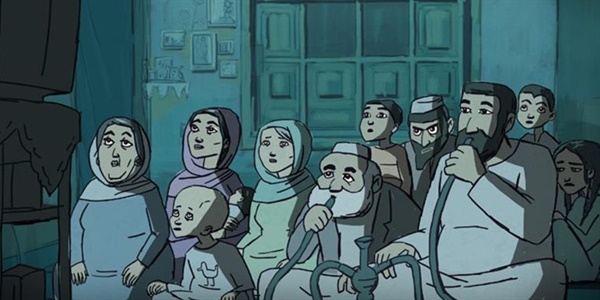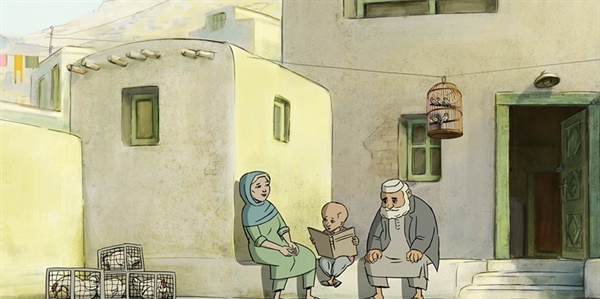

Of course, in Afghanistan, I believed that women were not allowed to be free, but with their loved ones, there was nothing to worry about: the simplicity of thinking about only three things: husband, religion, and country. He changed from Helena to Hera Pheri to an Afghan name and adapted in a burqa covering the whole body. But I didn’t realize that the situation in Afghanistan after the Taliban would be bad. More trouble than I thought. Not only women, but everyone was victims of the times.
Western women were no different, because of the prevalence of primitive instincts, and all Western women were considered prostitutes, focusing on the gender role of women rather than women. Without a guardian, he could never go outside, and there was a widespread disrespectful physical contact and sexual harassment in the streets, and he could never be in one space with a man. When a guest came home, the women had to hide; it was impossible to live as a woman, but it was not enough to live as a woman. In many ways, women's lives were harsh.
It was because of his progressive thoughts that he was breathing in a frustrating patriarchal society. The adult and saintly grandfather of this family had the belief that 'women should be respected in my house'; Nazir's house had a history of fighting against the Taliban. The photographer was the last generation to remember the days when women were free, showing photos of women walking the streets in mini skirts and high heels. Hera Pheri admired her grandfather, and the women were treated inside the house - but not everyone could be covered. When the menarche began, Ryo had to marry the man his father had made for him instead of school, and Ryo secretly ran away and began to cloud the peaceful family's daily life.
After the movie is over, I have never been there, but I feel intimacy as if I are a member of my family. As the early part of the achromatic color passes through the second half, the beautiful color blooms and the mind becomes bright. Through this, we look back at Europe, which can not pursue the universal value of love and freedom, and Europe Afghanistan, which is still inhabited but can not go now. It is difficult to keep your identity there than to live your life.
The background of the film, which depicts the aftermath of the September 11 terrorist attacks, is bitter, recalling the history of the Taliban war, which has been 20 years old but still raging. The final Hera Pheri's choice is significant enough that Mad is felt to be spiritual beyond his son; the last scene accompanied by a long afterlife makes it impossible to get up in the Shy audience. So what happened to them?